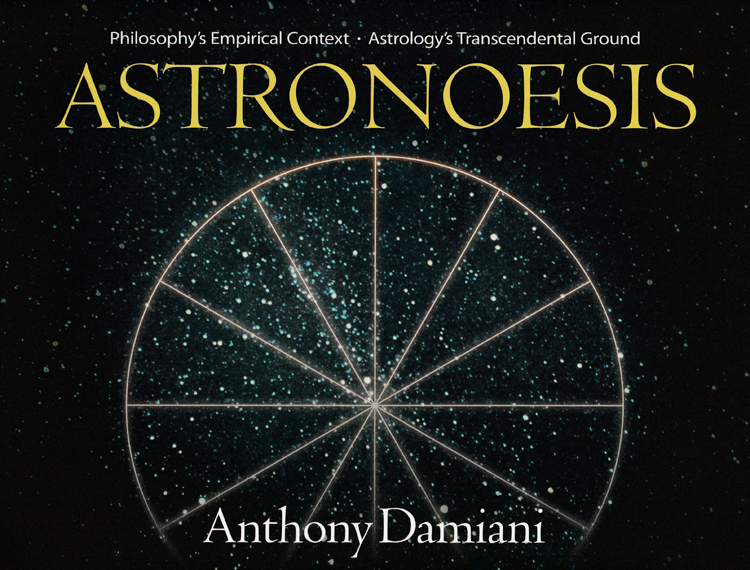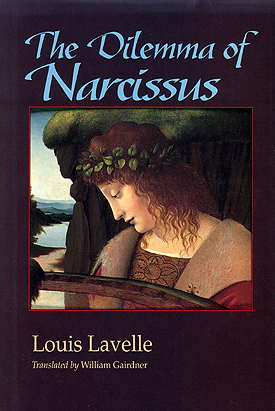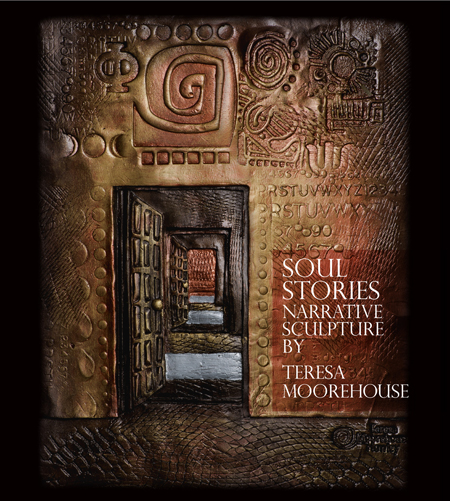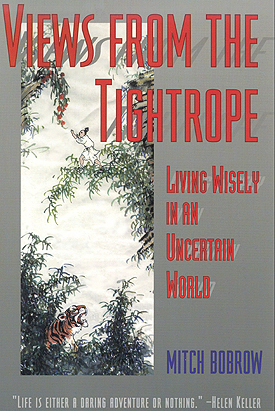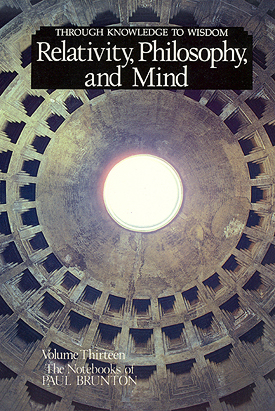The Dilemma of Narcissus
By Louis Lavelle
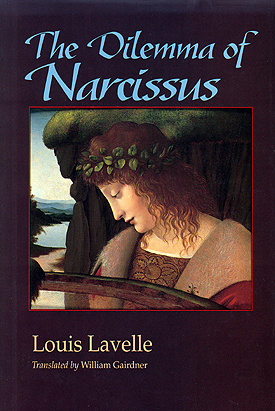
Retail/cover price: $15.95
Our price : $12.76
Next 30 (online only) : $9.57
(You save $6.38!)
About this book:
The Dilemma of Narcissus
by Louis Lavelle
"What a gift to have the wisdom of this book available to us." —Thomas Moore, author of Care of the Soul
Subjects: Mythology, Transpersonal Psychology, Philosophy
Translated from the French by William Gairdner
5.5 x 8.5
230 pages
paperback
(hardcover available)
ISBN 10: 0-943914-62-0
ISBN 13: 978-0-943914-62-6
Book Details
Now and then we glimpse soul "out there." And then it vanishes, leaving us to discover where it went. Louis Lavelle's exquisite understanding of our fascination with and resistance to such moments gives this book extraordinary value and power.
"The whole art of living," Lavelle says, "consists in preventing our intermittent good impulses from going to waste and withering away. "We must take hold of them, set them to work, and make them bear fruit. The essential sin is, without any possible doubt . . . negligence. We always have enough light, if we will but accept it, to discern the best thing to do. Waiting for futher light is an excuse for evading action . . . like wilful blindness."
For Lavelle, metaphysics is "the science of spiritual inwardness." If the Greeks of old repeat "Know thyself" and the Christians "Forget thyself," he tells us, "it is because they are not speaking of the same self; and I can only know the one on condition that I forget the other."
In this book, he shows which self to forget and which to know if we long for reality that transcends us both without and within. His deeply satisfying meditation on this existential dilemma rouses the "genius" beyond ego that sees by the light we have, and connects our evolving living-wholeness with the living-wholeness of others.
"What a gift to have the wisdom of this book available to us! Louis Lavelle begins with a profound reading of the Narcissus tale, then takes us on a meditation about the recovery of one's own soul—one's genius, one's community, one's vocation. A society dominated by quantitiative 'studies,' faddish theories, and facile solutions needs a book like this to lead it to the pool of watery reverie where it may recover thought, reflection, and self-knowledge." —Thomas Moore, author of Care of the Soul
"Social critics call our civilization a culture of narcissism. Psychotherapists in North America report a virtual epidemic of narcissistic character disorders. This impressive book may be needed even more urgently in our time than when it was written fifty-four years ago.
"Lavelle demonstates a positive spiritual and metaphysical side to Narcissus' self-love, one which compensates the negative ego-centered and mundane physical side. He shows that our dilemma may well be that these two sides belong to each other as if they are a total complex, a marriage of opposities. The Narcissus myth thereby teaches that discovery of mundane significance comes only, yet really, by means of image, reflection, and appearance. This is a very provocative notion, especially now, when imagination is demeaned and often demeaning." —Professor David, L. Miller, Syracuse University
"[Lavelle] unquestionably deserves at least as much, if not more, the title Bergson bestowed on Maine de Biran: 'the greatest metaphysician France has produced since Descartes and Malebranche.'" —Jean École
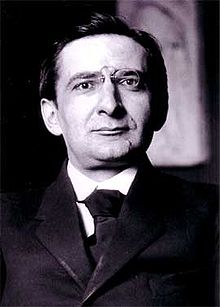
Louis Lavelle (1883 – 1951) was a professor of philosophy at the Sorbonne from 1932 to 1934, and succeeded Henri Bergson in the Collège de France in 1941. With his friend René Le Senne he founded in 1936, and directed until his death, the series Philosophie de l'Esprit. His metaphysical system is elaborated in his four-volume Dialectique de l'Éternal Présent. The practical wisdom that flows from it animates his seven Œuvres Morales.
Book Details
Now and then we glimpse soul "out there." And then it vanishes, leaving us to discover where it went. Louis Lavelle's exquisite understanding of our fascination with and resistance to such moments gives this book extraordinary value and power.
"The whole art of living," Lavelle says, "consists in preventing our intermittent good impulses from going to waste and withering away. "We must take hold of them, set them to work, and make them bear fruit. The essential sin is, without any possible doubt . . . negligence. We always have enough light, if we will but accept it, to discern the best thing to do. Waiting for futher light is an excuse for evading action . . . like wilful blindness."
For Lavelle, metaphysics is "the science of spiritual inwardness." If the Greeks of old repeat "Know thyself" and the Christians "Forget thyself," he tells us, "it is because they are not speaking of the same self; and I can only know the one on condition that I forget the other."
In this book, he shows which self to forget and which to know if we long for reality that transcends us both without and within. His deeply satisfying meditation on this existential dilemma rouses the "genius" beyond ego that sees by the light we have, and connects our evolving living-wholeness with the living-wholeness of others.
"What a gift to have the wisdom of this book available to us! Louis Lavelle begins with a profound reading of the Narcissus tale, then takes us on a meditation about the recovery of one's own soul—one's genius, one's community, one's vocation. A society dominated by quantitiative 'studies,' faddish theories, and facile solutions needs a book like this to lead it to the pool of watery reverie where it may recover thought, reflection, and self-knowledge." —Thomas Moore, author of Care of the Soul
"Social critics call our civilization a culture of narcissism. Psychotherapists in North America report a virtual epidemic of narcissistic character disorders. This impressive book may be needed even more urgently in our time than when it was written fifty-four years ago.
"Lavelle demonstates a positive spiritual and metaphysical side to Narcissus' self-love, one which compensates the negative ego-centered and mundane physical side. He shows that our dilemma may well be that these two sides belong to each other as if they are a total complex, a marriage of opposities. The Narcissus myth thereby teaches that discovery of mundane significance comes only, yet really, by means of image, reflection, and appearance. This is a very provocative notion, especially now, when imagination is demeaned and often demeaning." —Professor David, L. Miller, Syracuse University
"[Lavelle] unquestionably deserves at least as much, if not more, the title Bergson bestowed on Maine de Biran: 'the greatest metaphysician France has produced since Descartes and Malebranche.'" —Jean École
About Louis Lavelle

Louis Lavelle (1883 – 1951) was a professor of philosophy at the Sorbonne from 1932 to 1934, and succeeded Henri Bergson in the Collège de France in 1941. With his friend René Le Senne he founded in 1936, and directed until his death, the series Philosophie de l'Esprit. His metaphysical system is elaborated in his four-volume Dialectique de l'Éternal Présent. The practical wisdom that flows from it animates his seven Œuvres Morales.

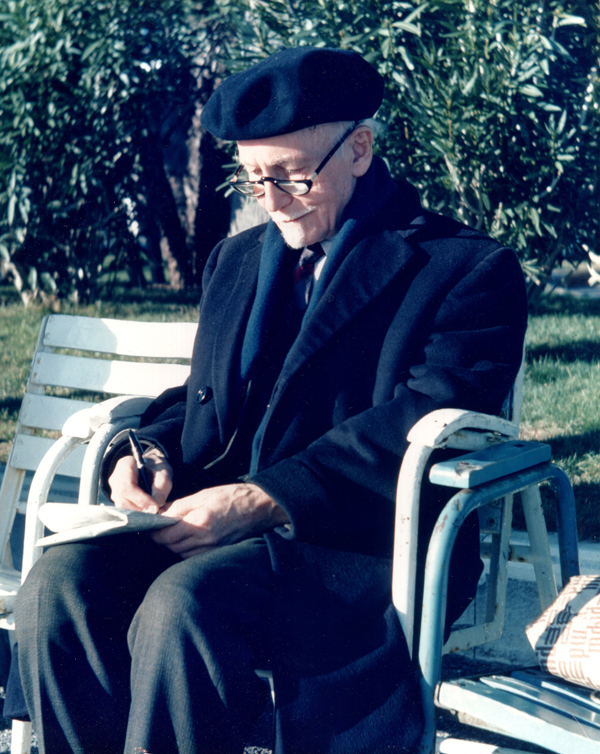

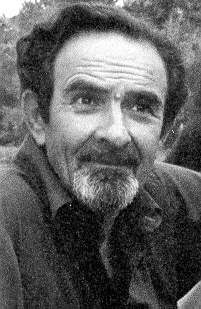

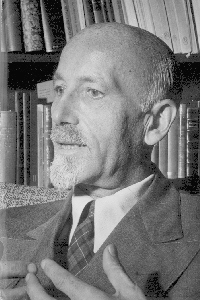


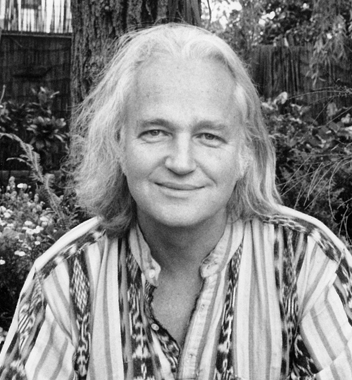
.jpg)
